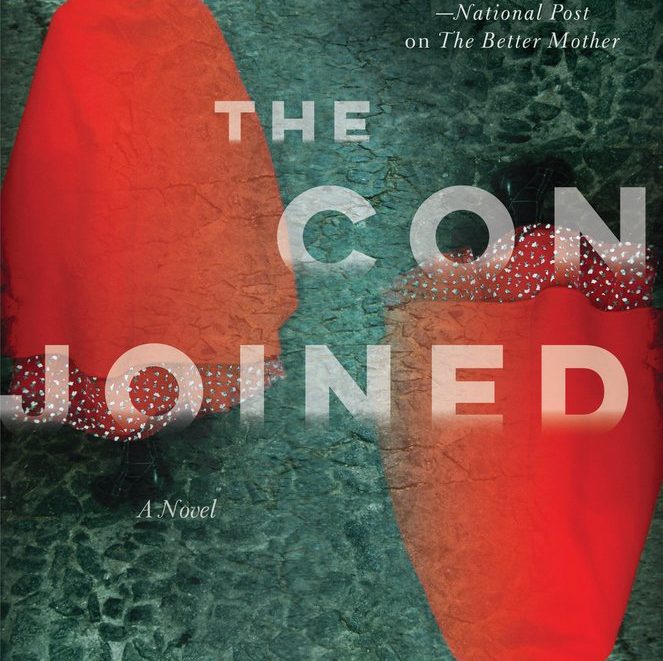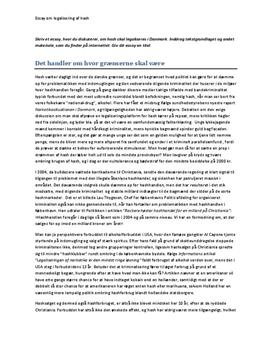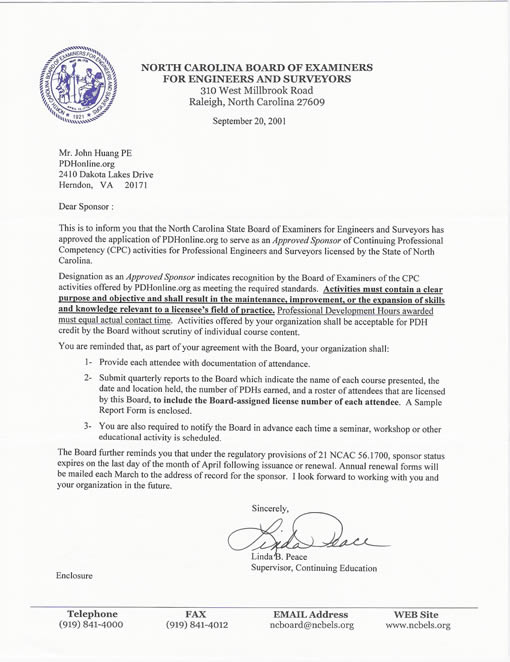Lombroso and Beccaria: Theories of Crime - UK Essays.
Cesare Beccaria Englightenment. Cesare Beccaria (1738-1794) is considered to be the founding “father” of early criminology. He was an Italian scholar who actively promoted the improvement of corrections by applying the rationalist philosophy of the Enlightenment to the criminal justice system.
In 1762, Rousseau published The Social Contract, which provided Beccaria with an ideological framework: his treatise On Crimes and Punishments (1764) was published two years later, and 25 years before the French Revolution.

Cesare Bonesana, Marchese Beccaria, 1738-1794 Originally published in Italian in 1764 Dei delitti e delle pene. English: An essay on crimes and punishments.

Essays on crime and punishment by cesare beccaria for essay for anne frank diary by collage essay in how to write how to guide, professional resume writing services austin texas In fact, however, beccaria punishment and on essays crime by cesare it is far from paris.

The Classical School By Beccaria Criminology Essay. Criminology Assessment. The classical school by Beccaria generally places emphasis on the individual suggesting that we have the ability to make our own choices and that crime in society is a product of an individual’s free will.
For Beccaria, the purpose of punishment is to create a better society, not revenge. Punishment serves to deter others from committing crimes, and to prevent the criminal from repeating his crime. Beccaria argues that punishment should be close in time to the criminal action to maximize the punishment's deterrence value.

In the article “Of Crime and Punishment” by Cesare Beccaria, Beccaria speaks of some of the negligent form of punishment that many societies around the globe practice, while also speaking of the proper form of punishment that should be implemented instead.

About this Quotation: Perhaps it is no coincidence that Beccaria’s An Essay on Crimes and Punishments appeared in 1764, the same year as Voltaire’s Philosophical Dictionary appeared in France. Voltaire’s work was an attempt to expose the religious intolerance at the heart of the French state, and torture was a common tool used by the church and state to punish or investigate heretics.

In crimes of violence, Beccaria felt all too often the aristocrats of society were able to buy their way out of punishment. He stated “neither the great nor the rich should be able to atone for an attempt against the weak and the poor by means of a cash payment.

Beccaria writes the first essay critiquing the penal system in a clear, systematic, and logical way.

Excerpts from An Essay on Crimes and Punishments by Cesare Beccaria translated from the Italian, 1775 (original published in 1764) Introduction In every human society, there is an effort continually tending to confer on one part the height of power and happiness, and to reduce the other to the extreme of weakness and misery.

Caesare Beccaria thoughts on crime and punishment was that it’s inhuman. Caesare had insight to what was the proper punishment for such crimes. He questioned whether the death penalty was really useful or necessary to maintain order in society. Is torture needed to insure that the laws are.

Lombroso and Beccaria on crime Essay.. Lombroso besides held a differing position on penalty and the decease punishment to that of Beccaria’s. Lombroso believed that when an throwback person commits a offense “society has the right to support itself from this sort of delinquent” ( Mazzarello, 2001. p. 983 ) this includes a belief in.



